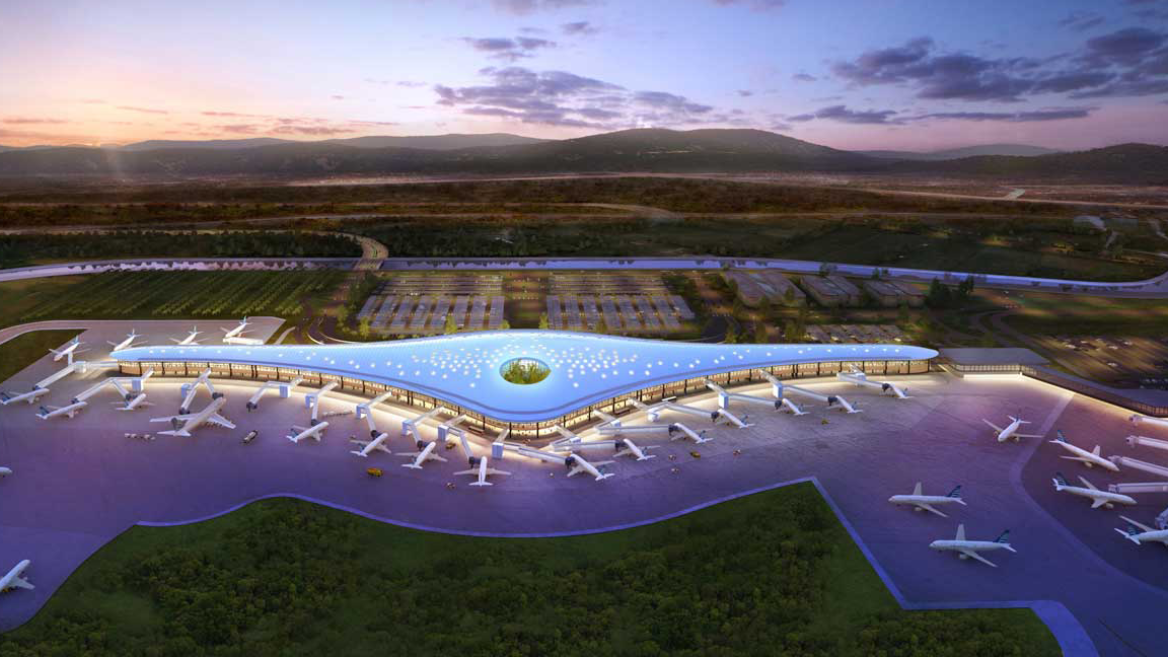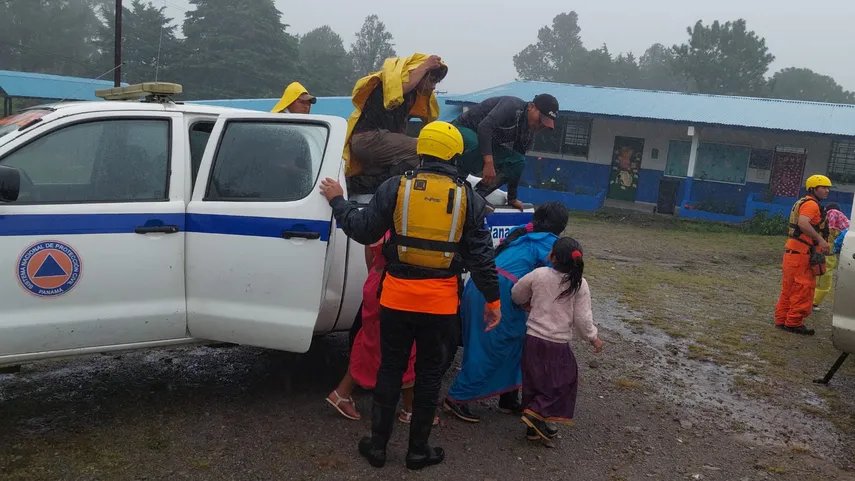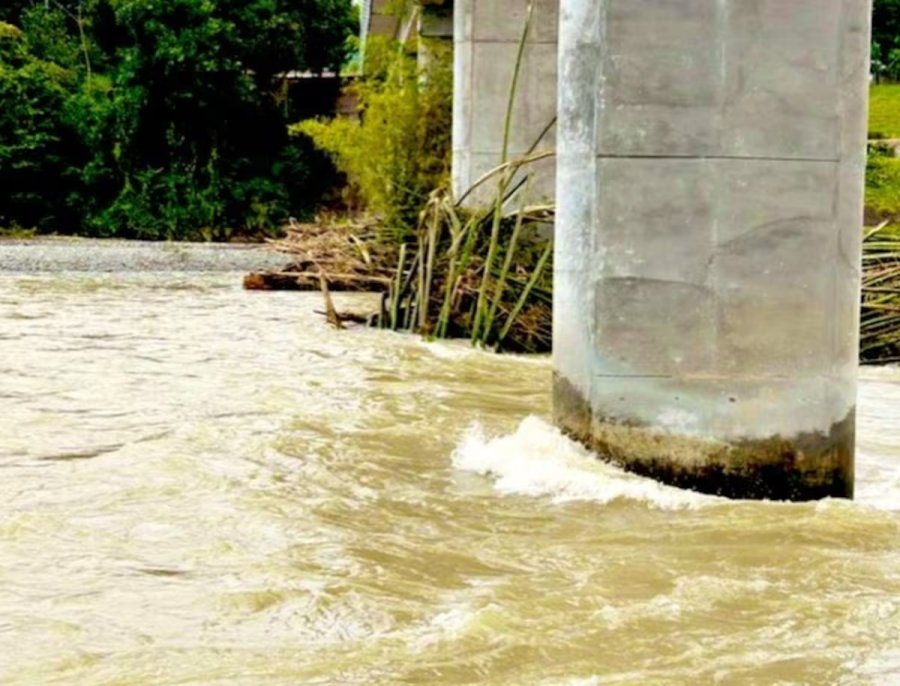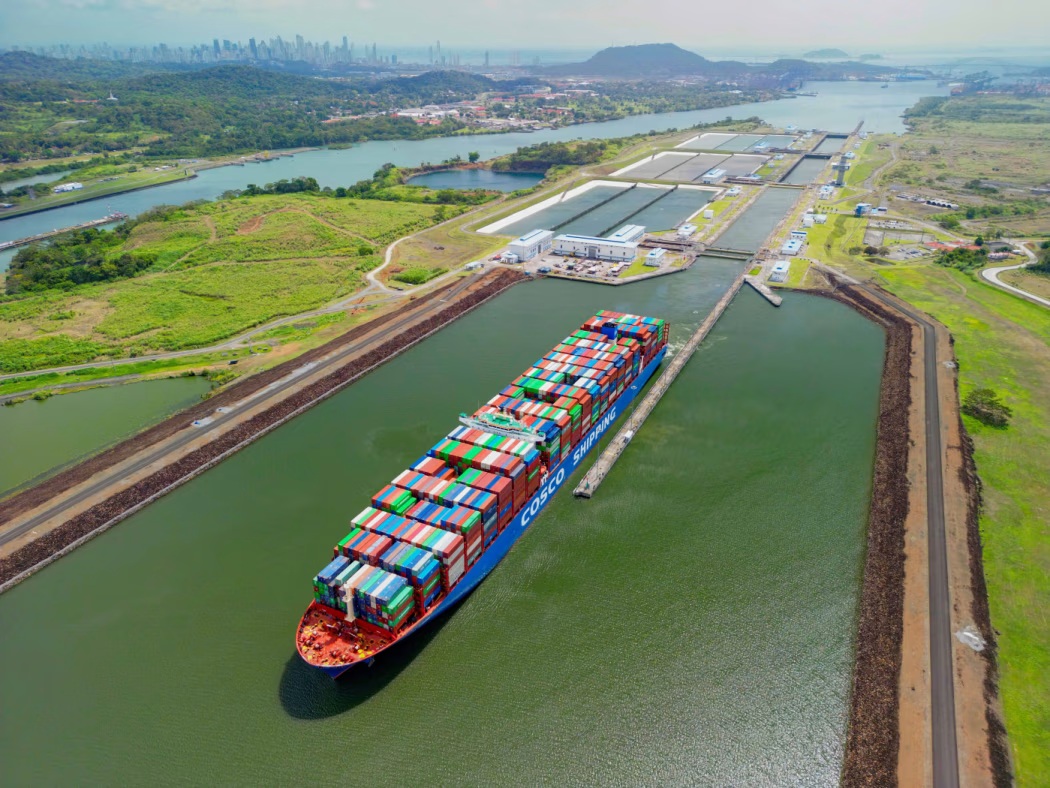Panama Lends a Helping Hand to Costa Rica with Christmas Imports, After the Collapse of the Caldera Port
Costa Rican importers are needing to transport their products by land, through Paso Canoas.

The general director of Ports and Auxiliary Maritime Industries (DGPIMA), Max Florez, stressed that Panama has demonstrated once again that it has a robust logistics system and can support the contingencies of other countries, given the collapse of the Caldera Port in Puntarenas, Costa Rica. This situation in the neighboring country has led many ships carrying Christmas cargo to divert their route to Panamanian ports. Florez commented that “our infrastructure has proven to be a fundamental pillar for the region, successfully managing the needs of other countries in critical situations; such as the United States, Mexico, Colombia, Brazil, Jamaica and Haiti throughout this year.”
Costa Rican importers are transporting their products by land through Paso Canoas, in Chiriquí. According to information from the Panama Maritime Authority, this option, which represents an additional cost of between 1,000 and 1,500 dollars per container, will allow to meet the high commercial demand that is registered during this time of end-of-year celebrations. Costa Rica recently announced the start of an international tender to hire a company to operate the terminal starting in 2026, when the contract with the current administrator, Sociedad Portuaria de Caldera (SPC), expires. The Caldera terminal needs an immediate investment of $30 million for short-term improvements, while a new terminal is built in Puntarenas. This week, Arturo Rosales, president of the Costa Rican Chamber of Commerce (CCCR), had said that moving cargo by land from Panama was faster than waiting for ships to dock in Puntarenas. Although it involves a higher cost, this alternative allows them to avoid a logistical collapse, especially taking into account the Christmas season, when movement increases. Caldera is the main port of Costa Rica, and the situation with this port terminal is the biggest problem in the commercial sector at the end of 2024.





